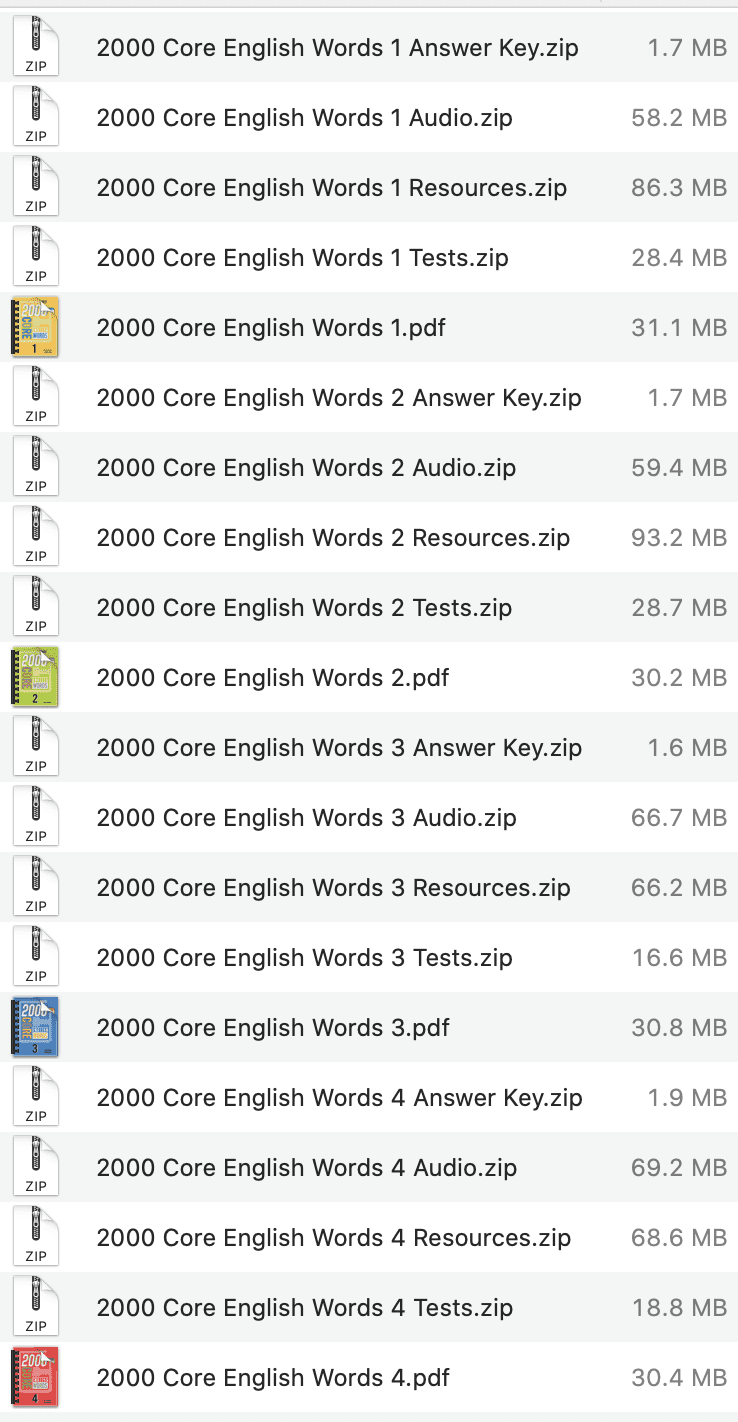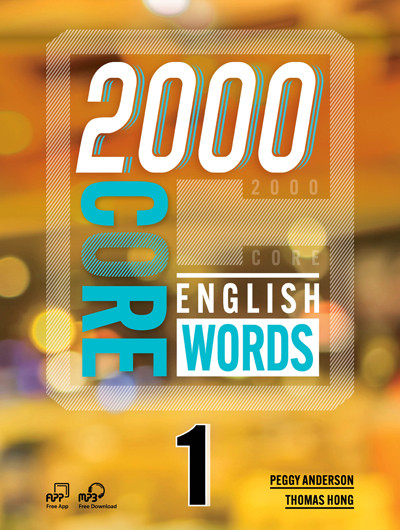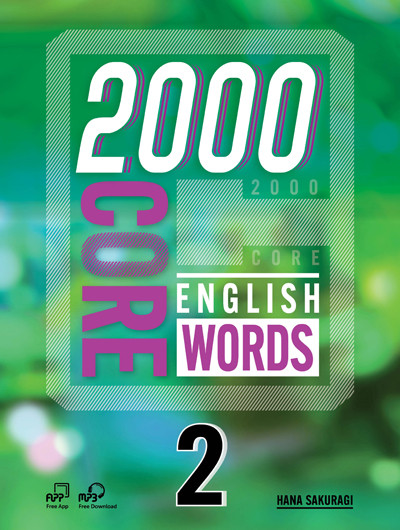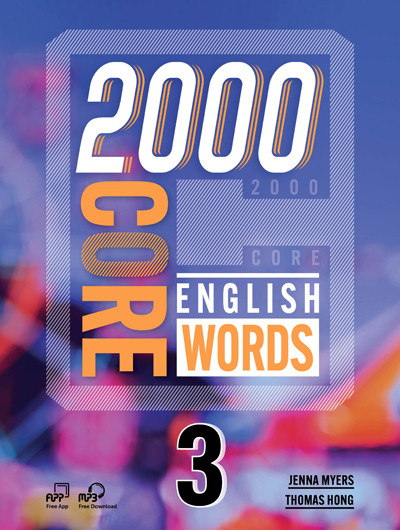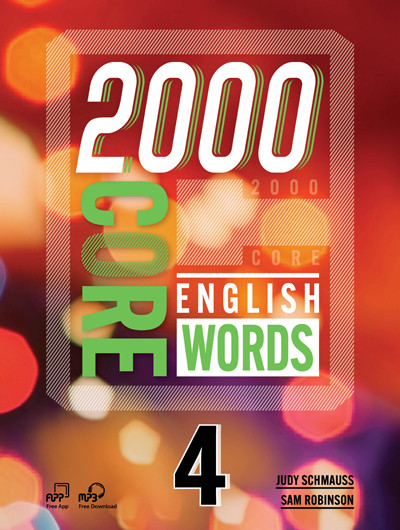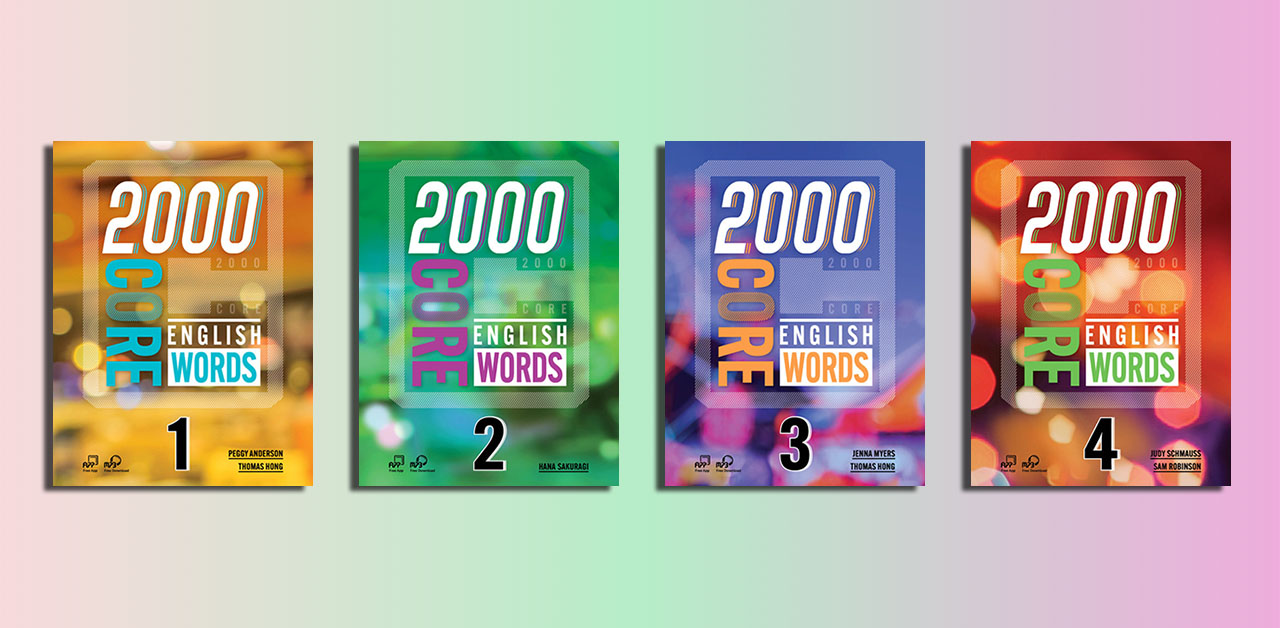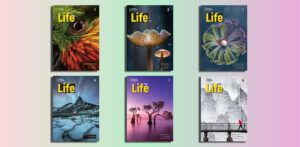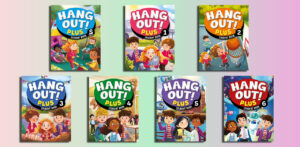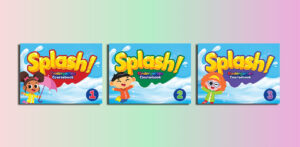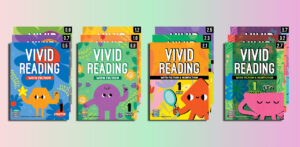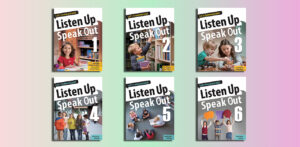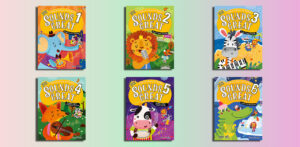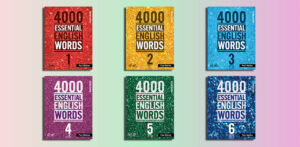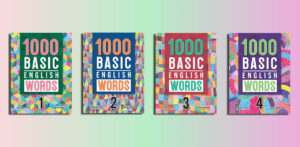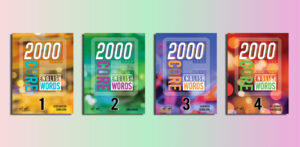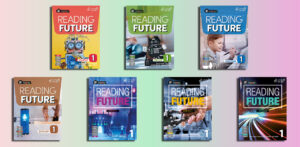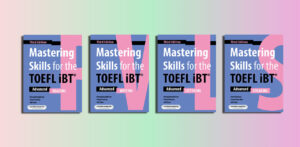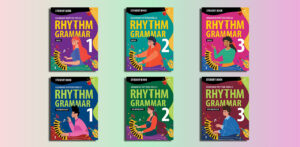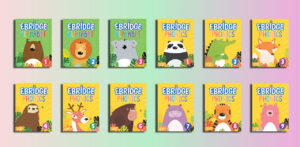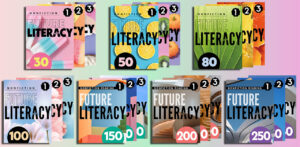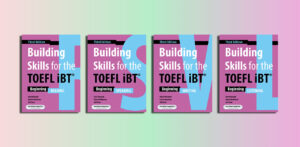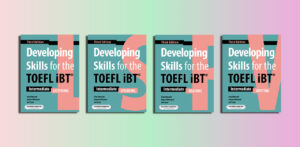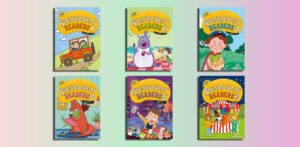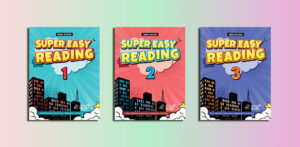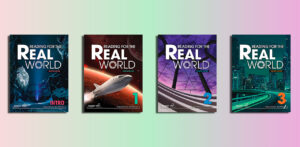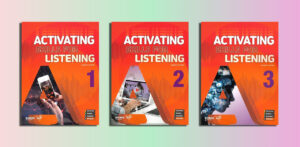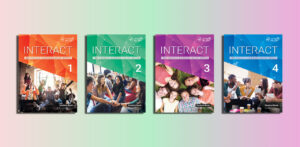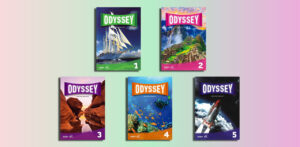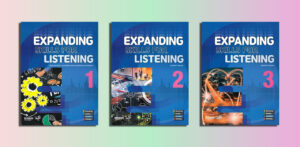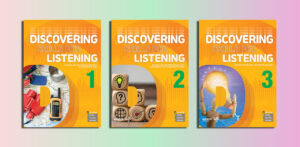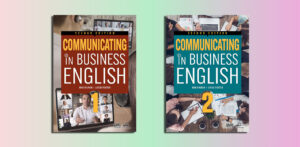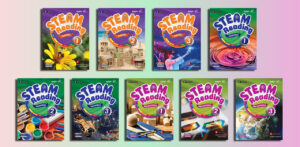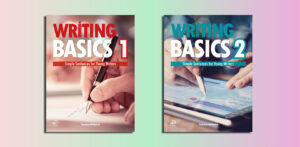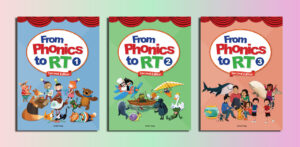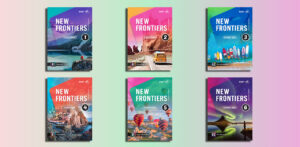Compass, Download, Online iTools
Download Compass 2000 Core English Words Pdf Online iTools (A1+ / B1)
2000 Core English Words (PDFs, Resources)
Level 1 (A1+)
2000 Core English Words 1.pdf – Sample: Click
Answer Key.zip – Audio.zip – Resources.zip – Tests.zip
Level 2 (A2)
2000 Core English Words 2.pdf – Sample: Click
Answer Key.zip – Audio.zip – Resources.zip – Tests.zip
Level 3 (A2+)
2000 Core English Words 3.pdf – Sample: Click
Answer Key.zip – Audio.zip – Resources.zip – Tests.zip
Level 4 (B1)
2000 Core English Words 4.pdf – Sample: Click
Answer Key.zip – Audio.zip – Resources.zip – Tests.zip
Online interactive book Demo
Overview of “2000 Core English Words” by Compass Publishing
Contents
| ✅ Coursebook: | 2000 Core English Words |
| ✅ Publisher: | Compass Publishing |
| ✅ Levels: | A1+, A2, A2+, B1 |
| ✅ English type: | International English |
| ✅ Skill: | Vocabulary |
| ✅ For: | Primary, Adult, Young Adult, Exam |
| ✅ Publication year: | 2019 |
Key Features
- Thematic Word Lists and Reading Passages: The books provide vocabulary organized by themes, enhancing contextual learning.
- Clear Definitions and Examples: Definitions and examples are designed to be straightforward and easy to understand.
- Pronunciation and Audio Access: QR codes offer quick access to pronunciation guides and audio passages, aiding in listening and speaking skills.
- Synonyms and Antonyms: Each entry includes synonyms and antonyms to broaden vocabulary knowledge.
- Diverse Reading Passages: Reading passages incorporate the vocabulary words, ensuring practical application and reinforcement.
Volumes and Details
2000 Core English Words 1
- Writers: Peggy Anderson, Thomas Hong
- CEFR Level: A1+
2000 Core English Words 2
- Writer: Hana Sakuragi
- CEFR Level: A2
2000 Core English Words 3
- Writers: Jenna Myers, Thomas Hong
- CEFR Level: A2+
2000 Core English Words 4
- Writers: Judy Schmauss, Sam Robinson
- CEFR Level: B1
Each volume of “2000 Core English Words” is tailored to progressively enhance the learner’s vocabulary and language proficiency, following the CEFR (Common European Framework of Reference for Languages) guidelines.
2000 Core English Words 1 Student’s Book
Suitable Audience for “2000 Core English Words”
“2000 Core English Words” is ideal for:
Language Learners at Various Proficiency Levels:
- Beginners (A1+ to A2): Volumes 1 and 2 are designed for learners who are just starting their English language journey or have basic knowledge.
- Intermediate Learners (A2+ to B1): Volumes 3 and 4 cater to learners who have a foundational understanding of English and are looking to improve their skills further.
Self-Study Students:
- The clear definitions, examples, and QR codes for pronunciation and audio passages make it suitable for learners studying independently.
Classroom Use:
- Teachers can use these books as supplementary materials to support vocabulary development in their curriculum.
Exam Preparation:
- Students preparing for English proficiency exams that align with the CEFR levels (such as TOEFL, IELTS, or Cambridge English exams) will find these books beneficial for vocabulary building.
Non-Native English Speakers:
- Individuals who need to improve their English for personal, academic, or professional reasons will find these resources helpful.
Young Adults and Adults:
- The content and themes are appropriate for both young adults and adults, making it a versatile resource for a wide age range.
By addressing different proficiency levels and learning needs, “2000 Core English Words” ensures that learners can progressively build and reinforce their English vocabulary.
2000 Core English Words 2 Student’s Book
Benefits of “2000 Core English Words”
Structured Vocabulary Learning:
- Thematic Word Lists: Vocabulary is organized by themes, making it easier to remember and use words in relevant contexts.
- Progressive Learning: The series is structured to support gradual advancement from beginner to intermediate levels (A1+ to B1).
Enhanced Comprehension:
- Reading Passages: Diverse reading passages that utilize the vocabulary help learners understand how words are used in context, improving comprehension skills.
Improved Pronunciation and Listening Skills:
- QR Codes for Audio Access: Easy access to pronunciation guides and audio passages helps learners improve their listening and speaking skills.
Broadened Vocabulary Knowledge:
- Synonyms and Antonyms: Including synonyms and antonyms for each word enriches the learner’s vocabulary and enhances their ability to express themselves more precisely.
User-Friendly Definitions and Examples:
- Clear Explanations: Simple and clear definitions and examples make it easier for learners to grasp the meanings and uses of new words.
Versatility for Different Learning Environments:
- Suitable for Self-Study and Classroom Use: The books can be used independently by learners or as supplementary materials in classroom settings.
Supports Exam Preparation:
- Alignment with CEFR Levels: The vocabulary is tailored to meet the requirements of various English proficiency exams, helping learners prepare effectively.
Engaging and Practical:
- Diverse Content: The inclusion of varied and interesting reading passages keeps learners engaged and motivated.
Accessible Learning:
- Easy-to-Use Format: The user-friendly layout and design make it simple for learners to navigate and utilize the resources effectively.
Cultural Exposure:
- Cultural Themes: Some reading passages include cultural themes and references, providing learners with a broader understanding of English-speaking cultures.
By incorporating these features, “2000 Core English Words” offers a comprehensive and effective tool for English language learners to enhance their vocabulary and overall language proficiency.
2000 Core English Words 3 Student’s Book
Effective Teaching and Learning Strategies for “2000 Core English Words”
For Teachers:
Incorporate Thematic Units:
- Organize Lessons by Themes: Use the thematic word lists to create lesson plans focused on specific themes, such as travel, health, or technology.
- Contextual Learning: Design activities that require students to use the new vocabulary in context, such as role-plays, debates, or storytelling.
Utilize Reading Passages:
- Reading Comprehension Activities: Assign reading passages followed by comprehension questions to test understanding.
- Discussion and Analysis: Facilitate classroom discussions about the passages, encouraging students to use the new vocabulary in their responses.
Audio and Pronunciation Practice:
- Integrate QR Code Audio: Regularly use the audio materials accessed through QR codes to practice pronunciation and listening skills in class.
- Dictation Exercises: Conduct dictation exercises where students listen to the audio passages and write down what they hear.
Vocabulary Games and Activities:
- Interactive Games: Use games like vocabulary bingo, matching exercises, or word searches to make learning fun and engaging.
- Flashcards: Create flashcards with the vocabulary words, definitions, and example sentences for interactive review sessions.
Synonyms and Antonyms Exercises:
- Expand Vocabulary: Conduct exercises where students identify and use synonyms and antonyms of the new words in sentences.
- Word Maps: Create word maps that link each new word with its synonyms and antonyms, helping students see the relationships between words.
Writing Assignments:
- Vocabulary Journals: Encourage students to keep a vocabulary journal where they write new words, their definitions, and sentences using them.
- Essay Writing: Assign essays or short stories that require students to incorporate a set number of new vocabulary words.
For Learners:
Active Reading:
- Highlight New Words: As you read passages, highlight or underline new vocabulary words and make notes of their meanings.
- Summarize: After reading, summarize the passage using as many new words as possible.
Regular Practice with Audio:
- Daily Listening: Listen to the pronunciation and passage audio daily to become familiar with the sounds and rhythms of the new words.
- Repeat and Record: Practice repeating the words and sentences aloud and record yourself to compare with the audio.
Flashcard Reviews:
- Digital or Physical Flashcards: Create flashcards for regular review sessions, testing yourself on the definitions, synonyms, and antonyms.
- Spaced Repetition: Use spaced repetition software or techniques to ensure you review words at optimal intervals for long-term retention.
Group Study Sessions:
- Peer Teaching: Teach new words to a study partner or group, explaining their meanings and usage.
- Group Activities: Participate in group activities that require the use of new vocabulary, such as group discussions or collaborative writing projects.
Consistent Writing Practice:
- Daily Writing: Write a daily journal entry or short story incorporating new vocabulary words.
- Peer Review: Exchange written work with peers for feedback, focusing on the correct usage of new vocabulary.
Engage with Multimedia:
- Watch English Media: Watch movies, TV shows, or videos that include the new vocabulary, and take notes on how the words are used.
- Interactive Apps: Use language learning apps that offer interactive exercises and games with the new vocabulary.
By integrating these strategies, both teachers and learners can maximize the effectiveness of the “2000 Core English Words” series, making vocabulary acquisition a more engaging and productive experience.
2000 Core English Words 4 Student’s Book
Alternative Books to “2000 Core English Words”
Here are some alternative books that can serve as effective replacements for “2000 Core English Words”:
“Oxford Word Skills” by Ruth Gairns and Stuart Redman
- Levels: Basic, Intermediate, and Advanced
- Features: Thematic vocabulary development, practice exercises, listening activities, and real-life context applications.
“English Vocabulary in Use” by Michael McCarthy and Felicity O’Dell
- Levels: Elementary, Pre-intermediate & Intermediate, Upper-Intermediate, and Advanced
- Features: Clear explanations, practice exercises, thematic vocabulary units, and context-based learning.
“4000 Essential English Words” by Paul Nation
- Levels: Six books ranging from beginner to advanced
- Features: High-frequency vocabulary, context sentences, diverse reading passages, and review activities.
“Vocabulary Workshop” by Jerome Shostak
- Levels: Multiple levels from elementary to advanced
- Features: Comprehensive vocabulary exercises, reading comprehension passages, writing prompts, and test preparation.
“Word Power Made Easy” by Norman Lewis
- Features: Etymology-based approach, vocabulary-building exercises, pronunciation guides, and usage examples.
“Check Your Vocabulary for Academic English” by David Porter
- Levels: Suitable for intermediate to advanced learners
- Features: Academic vocabulary, practice exercises, usage in academic contexts, and self-check tests.
“Longman Language Activator” by Longman
- Features: Helps learners choose the right word and collocation, detailed definitions, usage examples, and thematic organization.
“Barron’s Essential Words for the TOEFL” by Steven J. Matthiesen
- Features: Vocabulary relevant to TOEFL, usage examples, practice exercises, and review tests.
“Academic Vocabulary in Use” by Michael McCarthy and Felicity O’Dell
- Levels: Intermediate to Advanced
- Features: Focuses on vocabulary needed for academic study, includes practice exercises, and real-world examples.
“Focus on Vocabulary” by Diane Schmitt and Norbert Schmitt
- Levels: Two levels, suitable for intermediate and advanced learners
- Features: Academic and high-frequency vocabulary, context-based exercises, reading passages, and writing tasks.
“Building Academic Vocabulary” by Jeanne M. Slater and Charles F. Meyer
- Levels: Intermediate to Advanced
- Features: Vocabulary relevant to academic contexts, exercises, and activities designed to improve usage in academic writing and discussions.
“English Idioms in Use” by Michael McCarthy and Felicity O’Dell
- Levels: Intermediate and Advanced
- Features: Common English idioms, practice exercises, usage examples, and thematic organization.
“Vocabulary for the High School Student” by Harold Levine, Norman Levine, and Robert T. Levine
- Levels: High school level
- Features: Comprehensive vocabulary lessons, exercises, synonyms, antonyms, and context-based learning.
“Wordly Wise 3000” by Kenneth Hodkinson and Sandra Adams
- Levels: Multiple levels from elementary to high school
- Features: Systematic vocabulary development, context sentences, reading passages, and review activities.
“Cambridge English Vocabulary for IELTS” by Pauline Cullen
- Levels: Intermediate to Advanced
- Features: Vocabulary relevant to IELTS, practice exercises, exam tips, and audio for pronunciation practice.
“The Heinle Picture Dictionary” by Jill Korey O’Sullivan
- Levels: Suitable for beginners to intermediate learners
- Features: Visual vocabulary learning, thematic organization, real-life context, and pronunciation guides.
“Merriam-Webster’s Vocabulary Builder” by Mary W. Cornog
- Features: Roots and affixes approach, vocabulary exercises, usage examples, and quizzes for self-assessment.
“Vocabulary in Context” series by various authors
- Levels: Various levels from beginner to advanced
- Features: Context-based vocabulary learning, practice exercises, thematic passages, and comprehension questions.
Each of these books provides structured vocabulary learning and is suitable for a variety of learning environments, from self-study to classroom settings. They offer diverse approaches and features that cater to different learning styles and goals.

